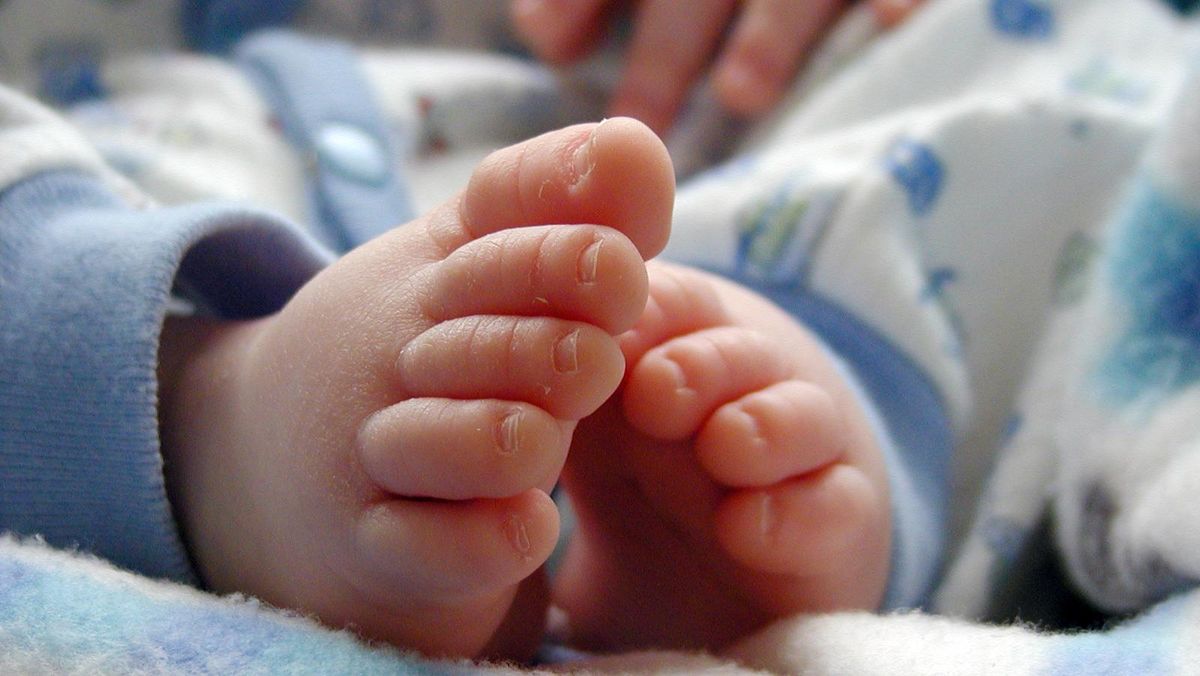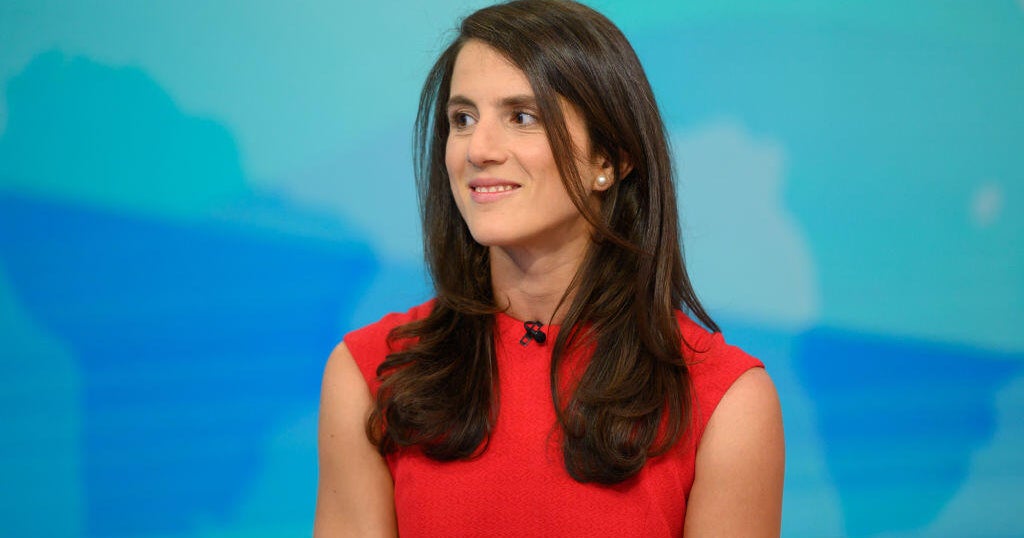For many parents, the so-called empty nest can feel like an emotional rollercoaster – I’m right in the thick of it myself. One minute they’re home, then they’re gone! Suddenly, they’re back – but wait, now they’ve got other priorities. And just like that, they’re off again.
After years of focusing on the kids, the house suddenly feels quieter, and life shifts in ways that can feel unfamiliar. It is quieter, but remember, there was a life before kids when we loved this stillness and time to do things that were all about us. Sure, the transition might bring moments of grief or even a sense of loss, but it’s also packed with possibility – a chance to reframe, rediscover and redefine what this new chapter can be.

When kids do leave home, it’s completely normal for parents to feel all over the place emotionally.Credit: iStock
Of course, the empty nest isn’t a clean break for most people. It’s rarely a one-way ticket to freedom. Kids stay home for longer, then they bounce in and out, especially these days with those overseas trips, long university holidays, job changes and even boomerang moves back home. It’s a constant dance of letting go, then welcoming them back, which sometimes feels like a loop that should’ve ended but might never do so. Many people’s nests aren’t emptying quite as fast as they’d imagined.
So how do you find balance in this new reality? This stage of life is more about building bridges back to your kids than fully cutting ties. Yes, they’ve left, but they’re not gone, and relationships evolve. New family habits need to be set, creating space for their independence while maintaining a connection in a way that respects their adult life. What it’s really about is finding those moments to reconnect as equals rather than as parent and child. This is where you start to see your relationship with your kids in a whole new light, more collaborative than directive and easier to enjoy.
Setting new expectations is so important. Sounds simple, right? But it’s often easier said than done, especially as they transition from being financially dependent to … well, a bit less dependent – if you can manage it. Let’s dive into how this shift might feel and explore what you can do as your nest empties, not just to cope but to truly embrace this new chapter, often long before your nest fills up with grandchildren.
Recognise the emotional rollercoaster and reframe
It can be a crazy time for parents. If the kids are gone, you feel like you constantly want them back; if they’re there, you feel like you want them gone. When kids do leave home, it’s completely normal for parents to feel all over the place emotionally. For some, it hits hard – a sense of grief and this weird loss of purpose creeps in. Psychologist Nancy Schlossberg, who knows a thing or two about life transitions, talks about how this shift can leave parents feeling a deep emptiness. You find yourself asking, “What now?” or “Who am I if I’m not a full-time parent?”

Credit: Hachette
Schlossberg’s research shows that how parents deal with this transition is all over the map. Some dive deep into loneliness or even depression, while others feel a strange relief, excited to have more freedom but also hesitant about what to do with it. It’s natural to grieve one chapter while not knowing what to do with the next. That emotional tug-of-war of “an ending” is real. The trick is to remember that it’s perfectly OK to feel a mix of everything: sadness for the chapter that’s closing, and excitement for what comes next. Remember the lessons in the “Work, purpose and happiness” section of this book (Part 3) on transitions; it’s not dissimilar here.
And remember that after all “endings” there is a chance for self-discovery, or a “middle zone”, and then the green shoots of personal growth. It’s about reframing. Instead of focusing on what you’ve lost, ask yourself, “What opportunities does this new phase offer?” This isn’t about forgetting your role as a parent but embracing a new chapter, where you get to rediscover yourself and your passions. The empty nest can become your gateway to finding new purpose and joy. It’s about shifting your mindset from “What have I lost?” to “What can I explore now?”
Loading
Prioritise yourself again
Remember the catchcry of the “Prime Timer”, the line I use on my podcast to explain what your prime time is: “When your kids have got their P-plates and the mortgage is almost paid off, it’s time to put you back in the picture.” And so it is!
With the nest empty (or mostly empty), it’s time to turn back to yourself. That might feel really foreign. In fact, you might have completely forgotten what it feels like to be selfish. But take a minute and remember being a 20-something and living life to the fullest with only you as the priority. This can be yours again now – with new perspective.
So think about it. What have you been putting off? This is your time to reinvest in your sense of purpose, health and emotional wellbeing. It’s time to do stuff just because you want to, again. Maybe it’s time to explore a new hobby, pick up a class, do something creative, organise a book club, go out with the girls. Whatever it is, remember that staying mentally and socially engaged has been shown to boost both cognitive and emotional health.
Don’t let the quiet house make you feel like you’ve slowed down.
Use this time to speed up in the areas that matter most to you.
This is an extract from Prime Time by Bec Wilson, published by Hachette | 34.99 | Available from July 30.
Bec Wilson is author of the bestseller How to Have an Epic Retirement and the newly released Prime Time: 27 Lessons for the New Midlife. She writes a weekly newsletter at epicretirement.net and hosts the Prime Time podcast.
- Advice given in this article is general in nature and is not intended to influence readers’ decisions about investing or financial products. They should always seek their own professional advice that takes into account their own personal circumstances before making financial decisions.
Most Viewed in Money
Loading


















































